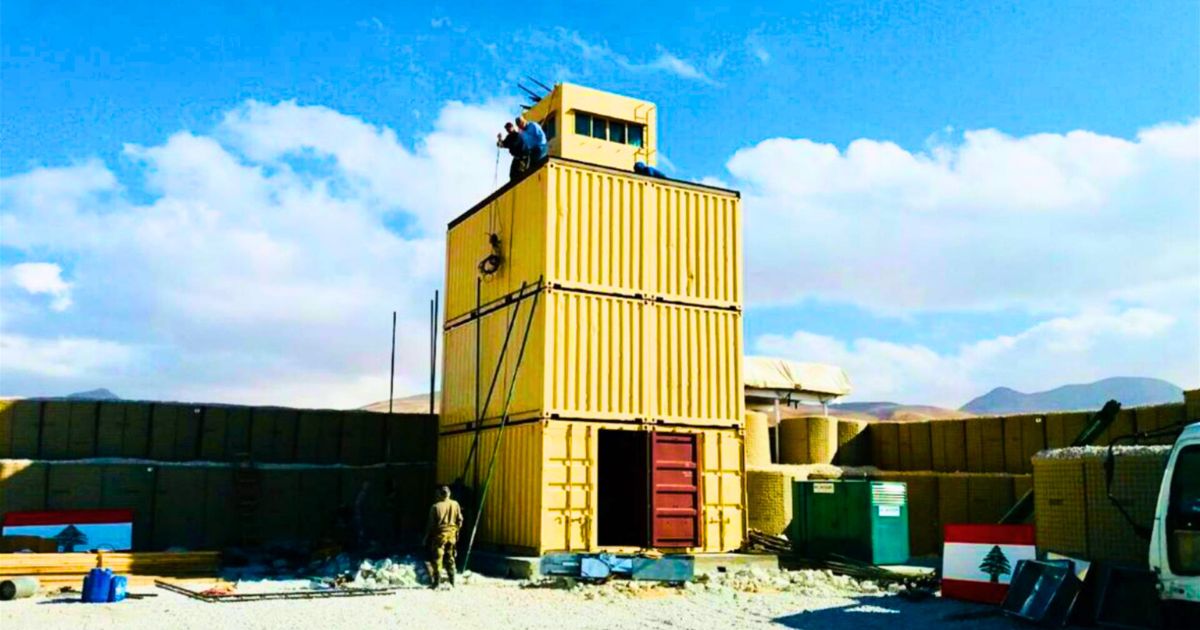The Lebanese medical sector hardly emerges from one crisis until it falls into another as a result of the financial collapse that the country is enduring.
After raising their voice to address the acute shortage of medicines and medical supplies, the two Syndicates of Doctors of Lebanon in Beirut and the North and the Syndicate of Private Hospital Owners in Lebanon have now declared a general strike.
There will be a complete cessation of work on Thursday and Friday in clinics, health centers, and hospitals, except for emergency cases.
This is a rejection of the policies of the Central Bank of Lebanon against depositors in general, as well as doctors, health sector workers, and hospitals.
The employees of Bint Jbeil Governmental Hospital also announced, in a statement, the start of an open strike, refraining from receiving patients, except for emergency cases and dialysis.
Their strike will remain open until they obtain the rights they have been demanding.
The health sector, which has always occupied the first positions in the Middle East over the years, has been enduring various crises that have led to the emigration of thousands of doctors and nurses, and the closure of a large number of pharmacies.
There have been serious warnings of the closure of a number of hospitals that can no longer secure their expenses and the salaries of their employees.
The head of the Syndicate of Private Hospital Owners, Suleiman Haroun, said that the strike is due to the banks’ policies and procedures that do not allow hospitals to obtain their money in cash, at a time when their owners are forced to secure money in cash to secure medicines, medical supplies, diesel, and all other purchases.
Haroun revealed that banks are refraining from transferring wages on the condition that these wages are secured in cash by them, which makes all their accounts in banks, whether those in pounds or dollars, without a significant value.
In a statement to Asharq-Al-Awsat, Haroun commented that patients are obligated to pay part of their bills in cash but this does not constitute more than 25% of the hospital’s expenses.
He also noted that the Ministry of Health, Insurance companies, the Military Medical program, and others pay their bills through bank transfers that are of no benefit.
He explained that hospitals have been under this crisis for more than 4 months and that they have discussed it with the banks and the central bank who are, however, flirting with the ball of responsibility.
The interventions by the Minister of Health and the Prime Minister, according to Haroun, have been without any result.

















